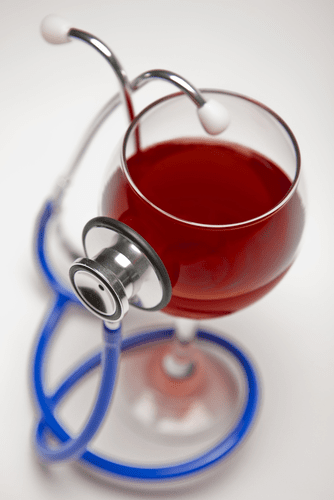These factors determine how long it takes for a person to reach a state of sobriety. Saliva tests can detect alcohol two hours after consumption, and hair tests can detect alcohol for up to 90 days. The ability to metabolize alcohol slows as you age, the Cleveland Clinic’s Health Essentials website says. Alcohol will have heightened effects on those with lower weights and smaller body sizes. If you’re drinking on an empty stomach, then the effects of alcohol may be enhanced. Different medications can have dangerous side effects when paired with alcohol.
What Are Alcohol Urine Tests?
It involves collecting a urine sample from us, usually in a controlled environment like a medical facility or testing center. We (usually) get some privacy and provide our sample directly in a sterile cup, which is then sent to a laboratory for analysis. That is why alcohol detox and alcohol withdrawal https://www.mybirds.ru/forums/topic/33566-golubyata/page/6/ treatment is administered by medical professionals. One beer was detectable 16 hours later.Six shots of vodka taken in 3 hours was detectable 54 hours later. Everybody is different in how many drinks they need to reach a given BAC. For a man who weighs 180 pounds, three drinks will put him at .06.
Limitations Of Alcohol Urine Tests
Ethyl glucuronide is produced after drinking alcohol and is a byproduct of alcohol metabolism. Traces of alcohol can generally be detected in the body if it’s been consumed within a day. Alcohol byproducts like ethyl glucuronide (EtG) will be present in urine for up to 3 days after a person’s last drink. Roughly 20% of the ethanol in liquor is absorbed into the blood from the stomach and the rest from the small intestine. The longer alcohol stays in the stomach, the longer it takes to be absorbed and the slower the rate of intoxication. Eating before drinking, and continuing to snack while you consume alcohol, will slow the absorption and reduce its impact, but prolong the detection period.
Articles Related to Alcoholism
- The Recovery Village at Baptist Health offers alcohol addiction treatment to help those with an alcohol use disorder begin their recovery journey.
- Having a stomach full of food can help delay the absorption of alcohol in your blood.
- A health care professional can look at the number, pattern, and severity of symptoms to see whether AUD is present and help you decide the best course of action.
- Metabolites stay in your system for longer than actual alcohol does, which is why tests that measure alcohol metabolites have a longer period of detection.
For example, having a beer during a baseball game or a glass of wine with dinner is commonplace. Currently, there is a test that can detect alcohol use up to 80 hours, or 3 to 4 days, after the last drink a person had. For example, senior https://status4boys.ru/b03/12-eto-ne-rep-i-eto-ne-dzhaz-eto-dva-duha-skrebut-unitaz.html citizens are particularly vulnerable to alcohol because of age-related changes to their bodies. Older people experience a decrease in body water, loss of muscle tissue and decreased metabolism — all of which affects alcohol absorption.

- Although urine tests are a relatively inexpensive and noninvasive way to test for alcohol, they may be inaccurate in some cases.
- You’ll also have the opportunity to connect with our licensed Reframe coaches for more personalized guidance.
- It’s also tied to mental health conditions like depression and anxiety.
- Alcoholic beverages such as beer, wine and liquor break down differently in each person’s body.
Factors that determine how long alcohol stays in your body include liver size, body mass and the amount of alcohol consumed. A small amount of alcohol is removed from the body through sweat, urine and respiration. Alcohol can be detected in sweat, urine and the breath for at least as long https://trance-mp3.net/2014/03/21/team-140-the-trance-empire-113-2014-03-21.html as the liver is breaking down alcohol. Alcohol detection times vary depending on the person and the test used. This is why different tests detect traces of alcohol from a few hours to several weeks. In general, they can be accurate for 12 to 24 hours, depending on the nature of the test.
- Both the short-term and long-term effects of drinking too much are likely enough to make you want to get your habits in check and get a better handle on what your limits are or should be.
- ” are two commonly asked questions regarding alcohol in the body, and they’re asked for several reasons.
- Tests may also detect alcohol by measuring metabolites of alcohol, like EtG or EtS.
- Blood tests, on the other hand, are more invasive and take longer to process, but they are also used to measure BAC accurately.
Why Might I Need an Alcohol Urine Test?

